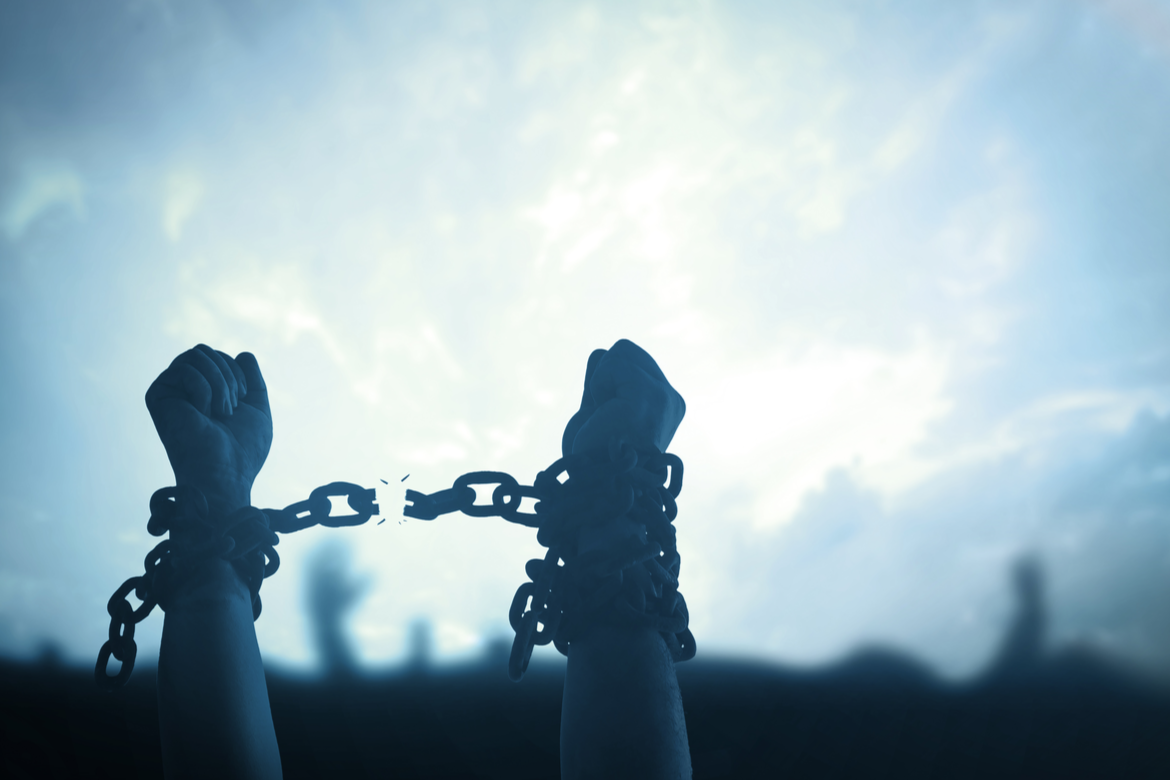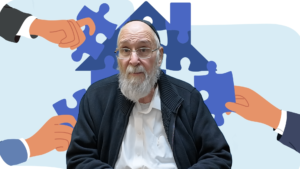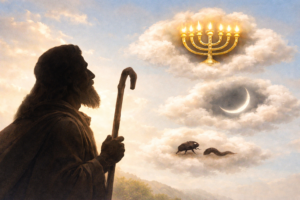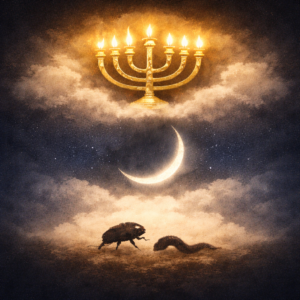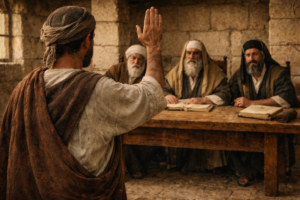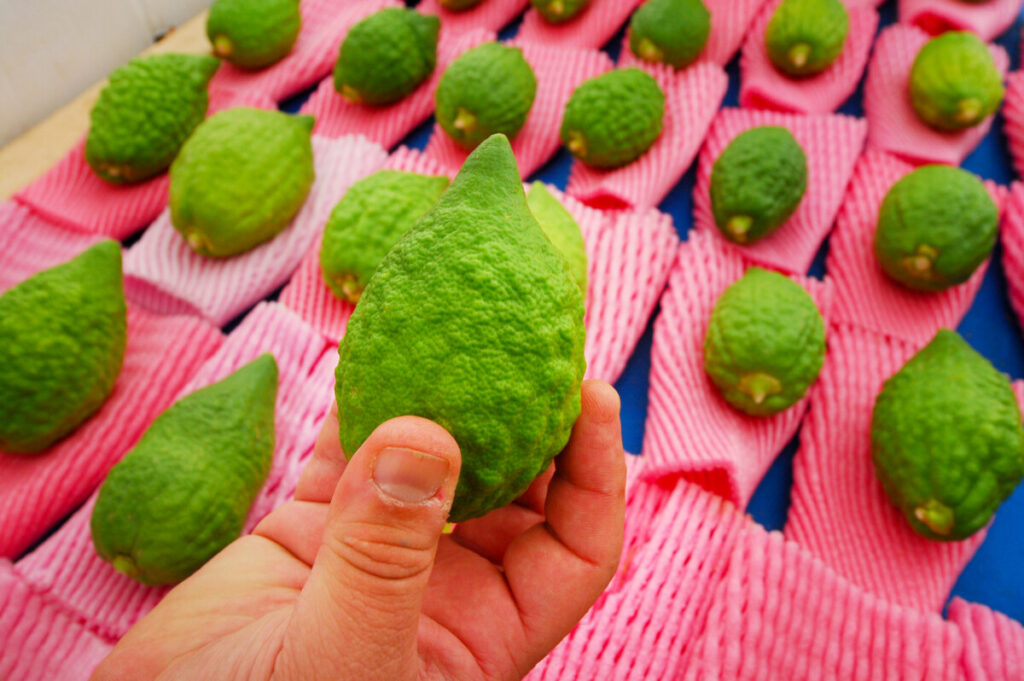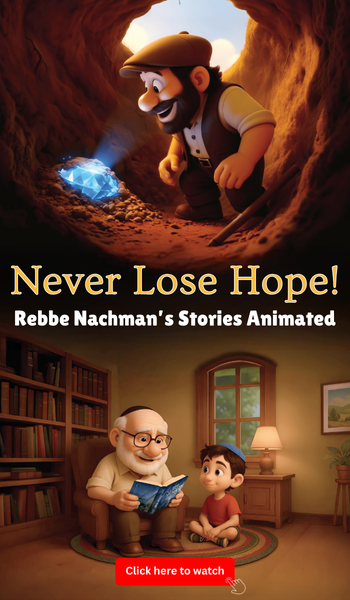Grab on to the Good
Am I in exile? Please take a moment to stop and consider this question. As we begin the Book of Exodus, the story of our nation’s exile and eventual redemption unfolds. While we are familiar with these events and understand their historical significance, it’s important to put ourselves in our ancestor’s shoes and relive these episodes since we face these exact spiritual circumstances today.
At any given moment, we are in one of two spiritual states: galut (exile) or geulah (redemption). Exile signifies the times when God’s presence is hidden from us; we feel callous and cold vis-à-vis our relationship with Him. Redemption refers to when we feel God in our lives, have great spiritual aspirations, and fill our lives with Torah and prayer.
Each Jew is entrusted with an awesome neshamah (soul), reflective of their Divine portion from Above. When we live with an awareness of our inner reality, we naturally connect with God in our every encounter. At home, work and synagogue, each experience is another opportunity to emulate our Divine source and act in a meaningful, selfless way. However, when we are tested and fall prey to selfish human desires, our true nature becomes hidden from us. This results in feelings of depression and sadness. We become enslaved to our emotional state and our perception of our lives and self is obscured.
This is the deeper meaning of our parashah. “A new king arose over Egypt who did not know Joseph” (Exodus 1:8). The evil inclination is called “an old and foolish king” (see Rashi on Ecclesiastes 4:13). “Old” – because as soon as a baby is born, it is embodied with materialistic desires. “Foolish king” – because it rules over man and convinces him to make foolish choices. “Joseph” is the tzaddik within each one of us. When do we fall to exile? When we are in a state of meitzar (constriction; from the same root as Mitzrayim, Egypt). When our perception of ourselves and our recognition of the Joseph inside us is constricted, we lose touch with our inner goodness and our connection with God is severed. Our life becomes a shallow and dreary existence. Therefore the evil inclination is also called “a new king,” because it relentlessly renews its efforts to thwart our recognition of our true and essential identity.
“They embittered their lives with hard labor” (Exodus 1:15). When one forgets his essence, he falls to a state of avodah kashah (hard labor). The Zohar (Bereishit 27a) relates that kasha alludes to kushya, the exhaustive state of questions and doubts one now experiences; we become so emotionally overwhelmed that we cannot serve God and properly perform mitzvot.
However, hope is never lost. While Pharaoh wanted to finish us off by drowning the newborns in the Nile, Shifrah and Puah, the Jewish midwives, came to the rescue. Shifrah was the great tzaddeket Jochebed, who is so called because she would beautify (mishaperet) the newborns. Puah was the tzaddeket Miriam, who would soothe and coo (puah) to the babies (Sotah 11b). Though we may feel as dirty and repugnant as a newborn baby, crying out from a distressed soul, the tzaddikim beautify us by teaching us to see our innate goodness and soothe us with their encouragement.
This is what God demonstrated to Moses when Moses spoke ill of the Jewish People. Although Moses’ staff was transformed into a snake, which represented the primordial Serpent, he was told to pick it up by its tail and the snake was transformed back into the “staff of God.” If we are essentially good, even if we have fallen to a place of evil, it’s easy to redeem the soul within us. All we must do is grab on to the tail – to a single, remote speck of goodness within us – and we will be transported from a place of darkness and doubt to a place of light and clarity. When our essence is experienced even in small measure, the time for our redemption has begun.
Based on Likutey Halakhot, Eiruvey Techumim 6
- 0 comment


